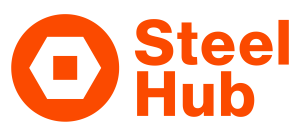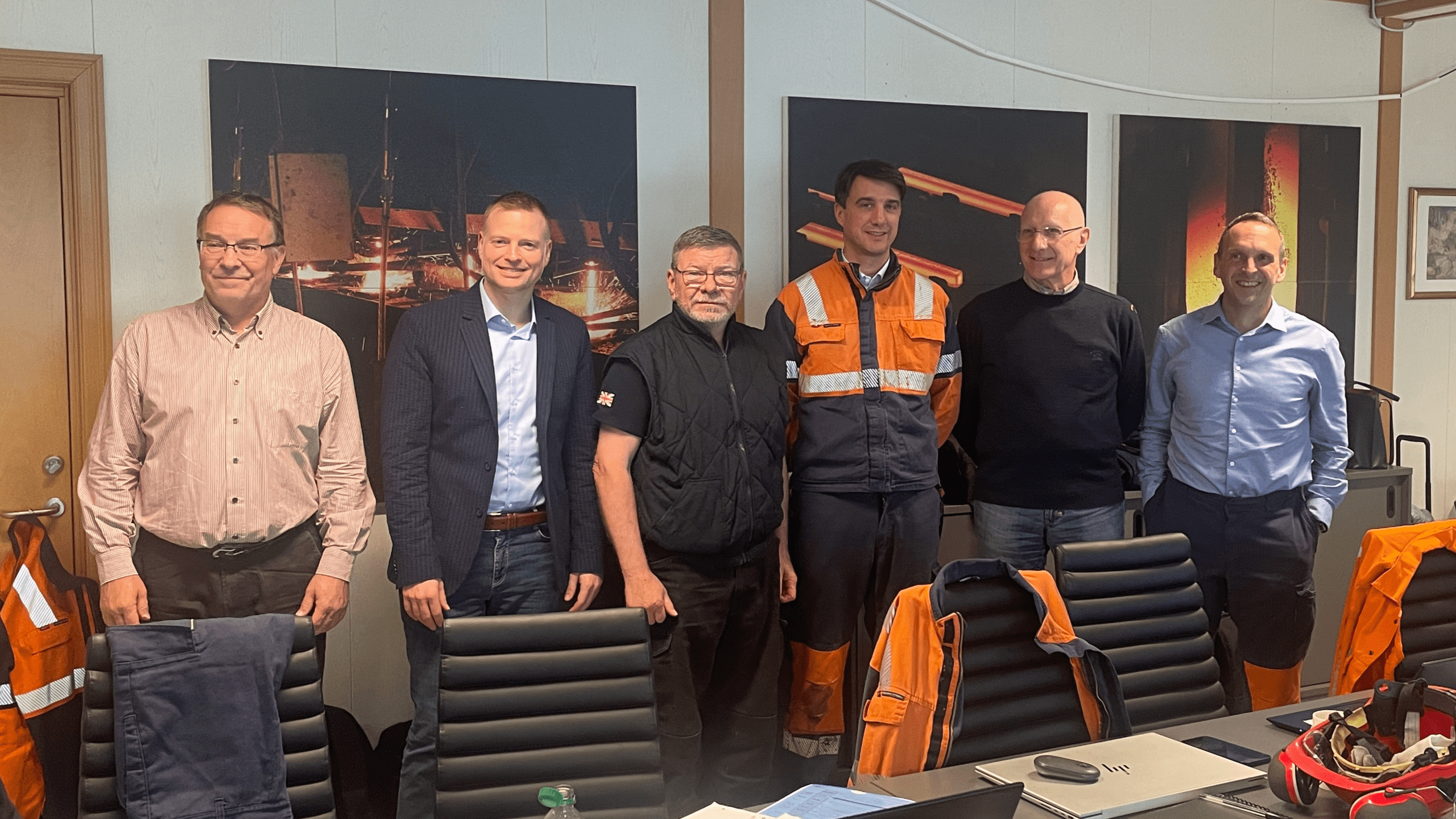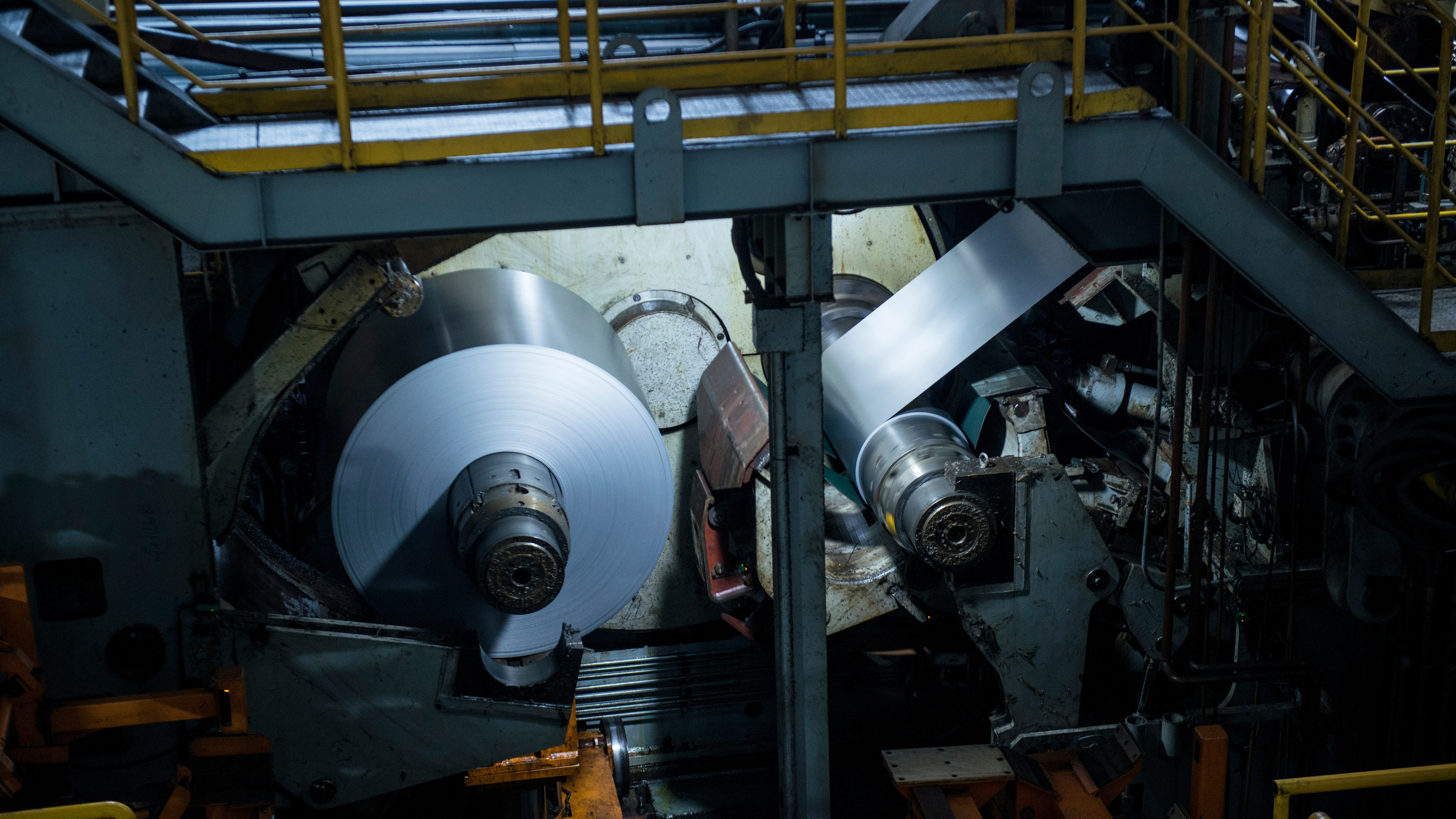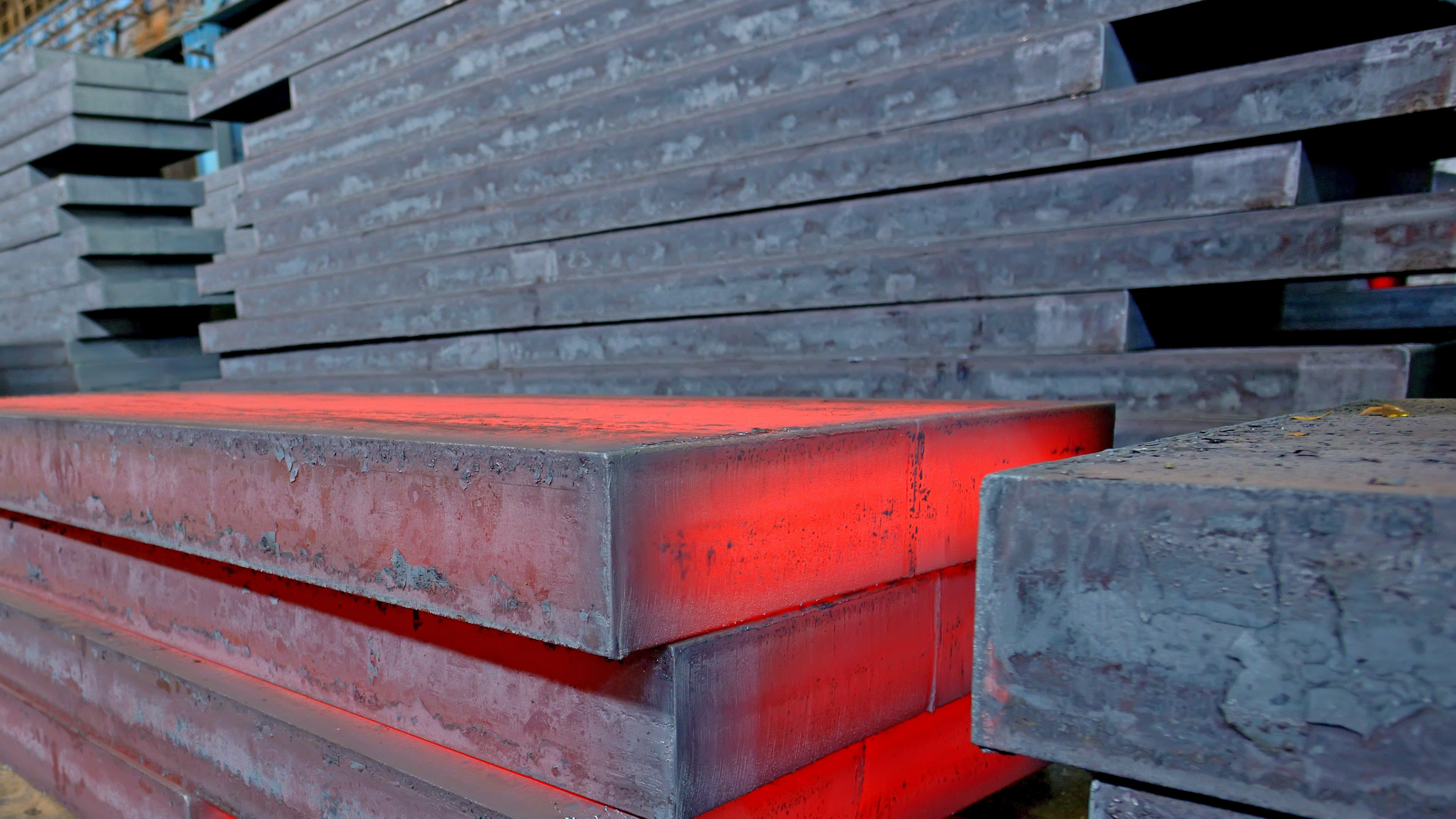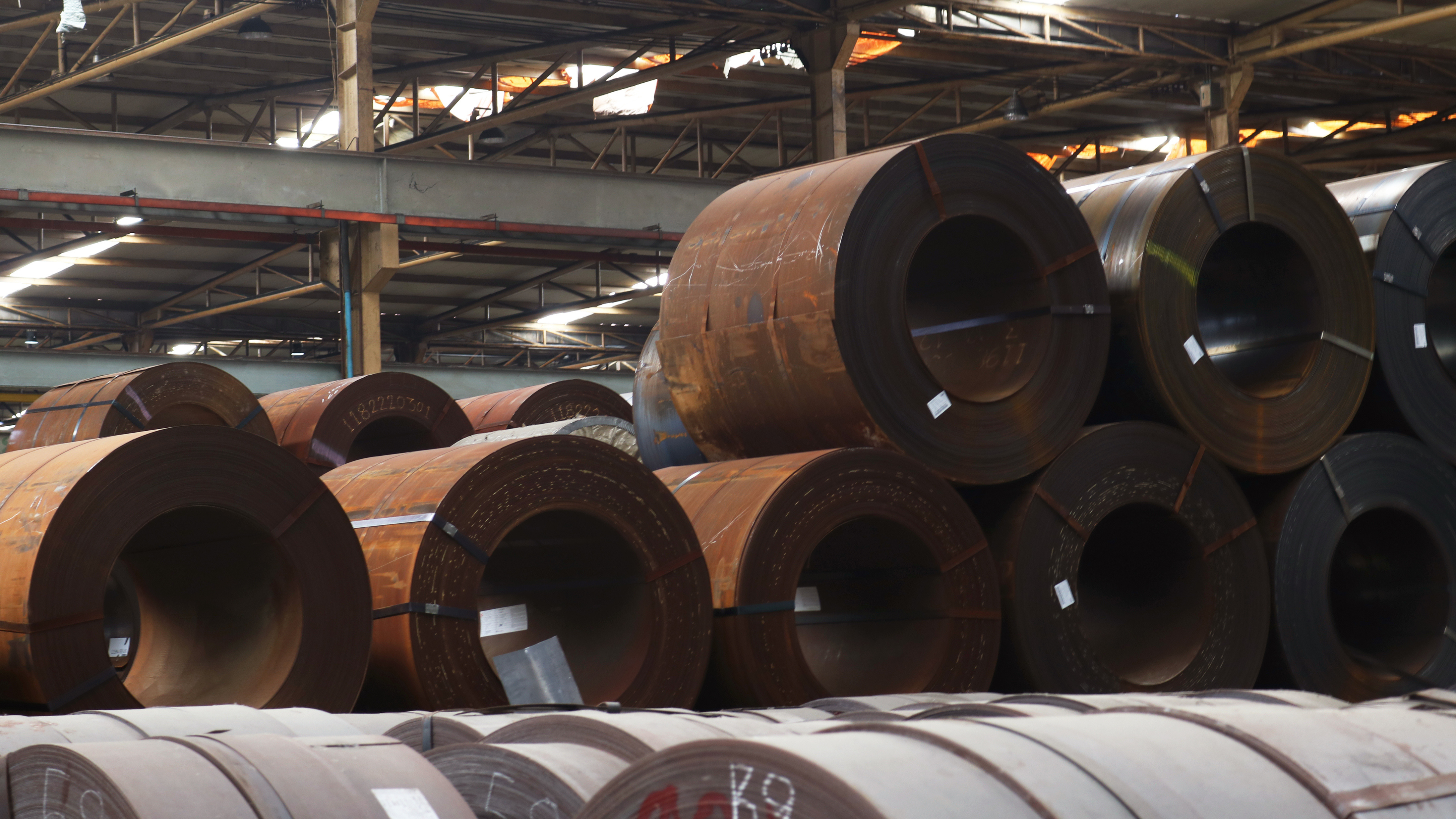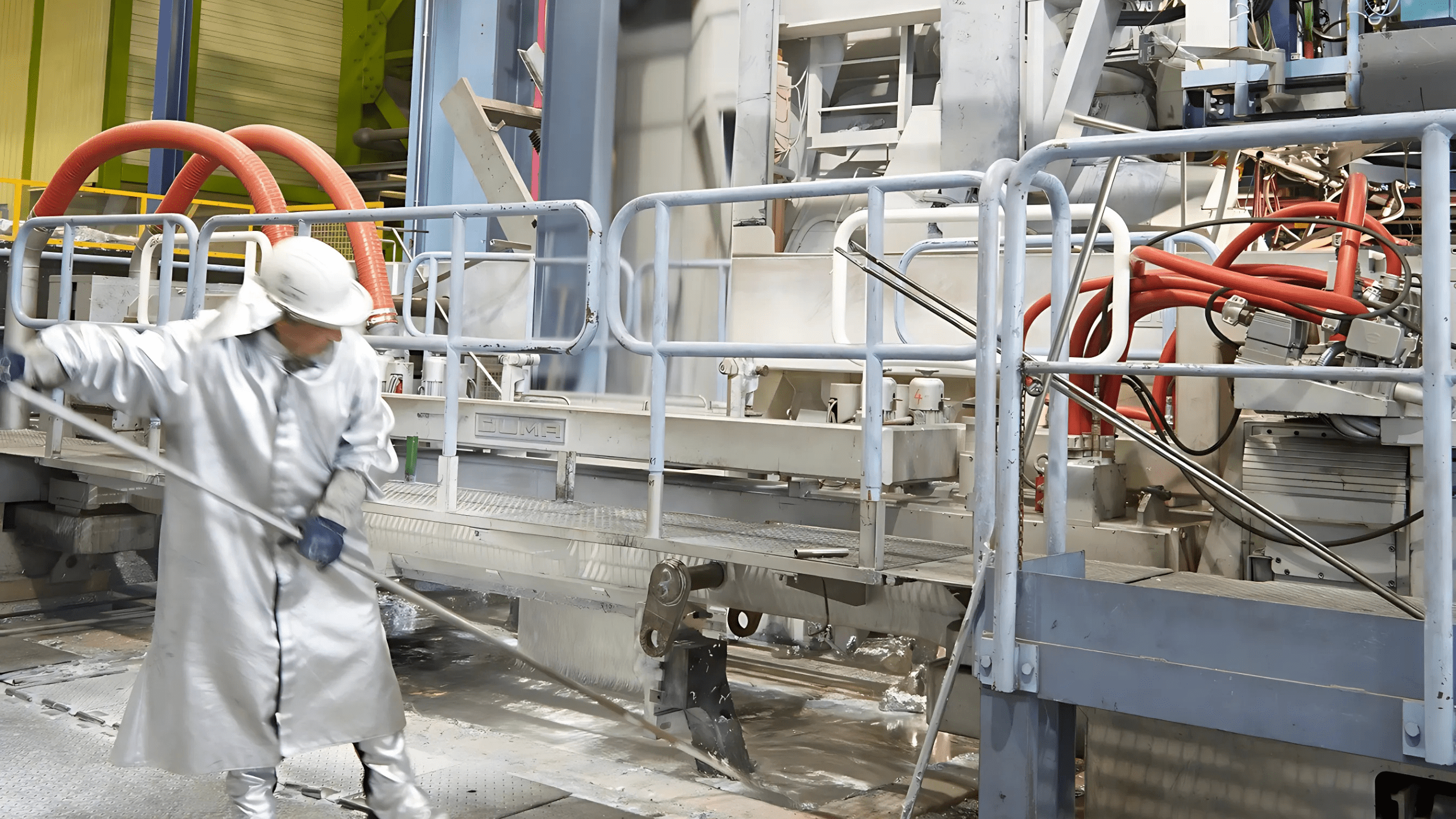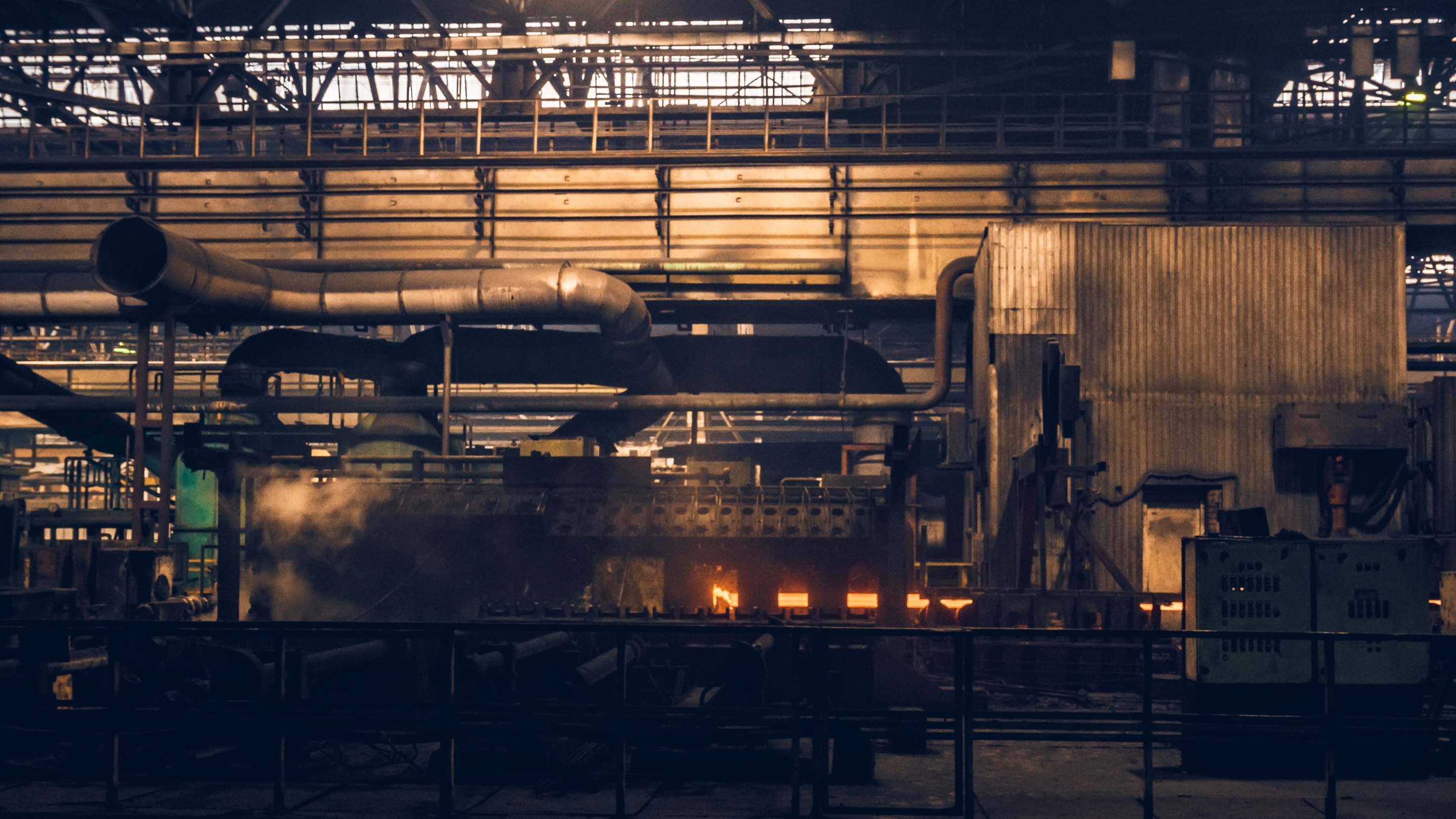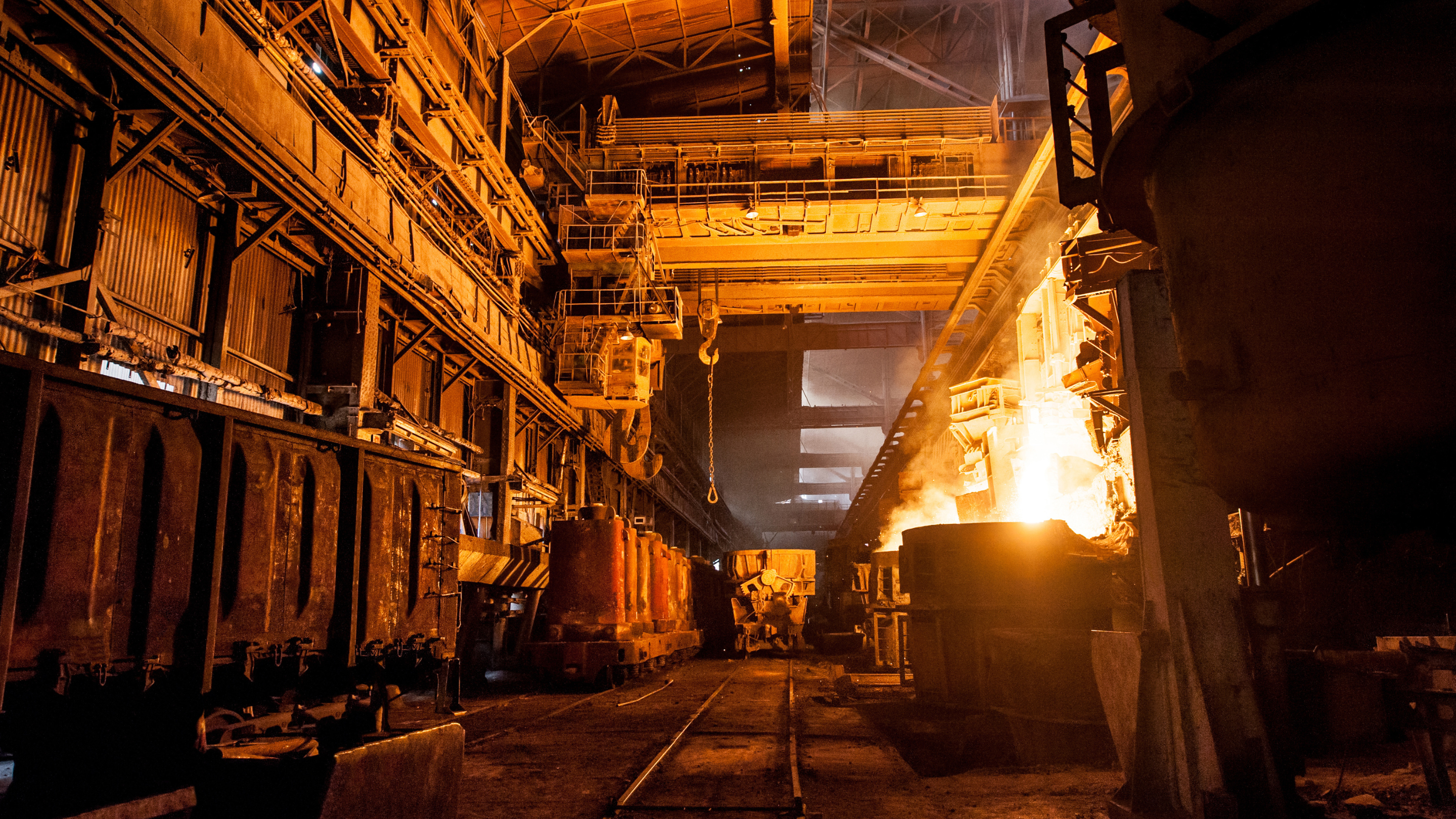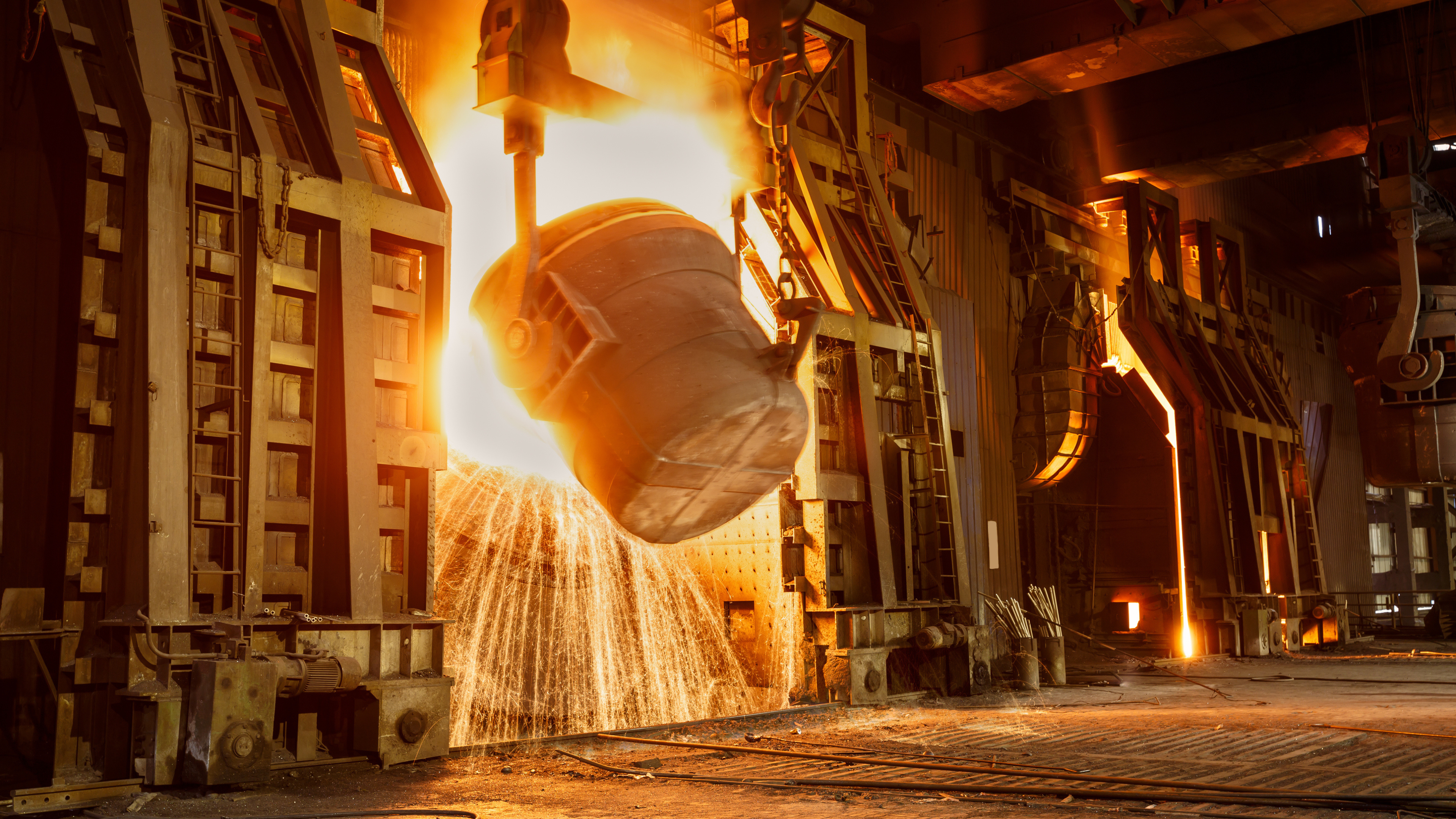This article reflects on a two-week visit by Dr. Yasser Aboura, Senior Project Manager and Metallurgist at Steel Hub, to several steel plants across Saudi Arabia. During this visit, Steel Hub engaged in discussions with various steel producers, addressing operational and market challenges facing the Saudi steel industry in light of Vision 2030. This ambitious national strategy aims to diversify the economy, reduce reliance on oil, and promote sustainable development across multiple sectors, from entertainment to industry.
As major projects like NEOM, the Saudi Expo, and large-scale water transport networks reshape the physical and economic landscape, the demand for essential materials, particularly steel, has surged. These initiatives are driving industrial sector growth, positioning steel production as a crucial pillar of Saudi Arabia’s economic diversification efforts.
Growth of Saudi Arabia’s Steel Sector: The Backbone of Development
Saudi Arabia is the largest steel producer in the GCC. Steel product demand in the GCC region is forecasted to grow by at least 5% in both 2024 and 2025, driven by the scale of ongoing infrastructure projects (see our article here about MENA Steel demand). Government-led initiatives, particularly from the Saudi Authority for Industrial Cities and Technology Zones (MODON) and the National Industrial Development Center (NIDC), have provided a strong foundation for industries like steel production, highlighting their critical role in the kingdom’s transformation.
Various strategies have been employed to meet the increasing demand for finished steel products in the kingdom, which includes both Direct Reduced Iron (DRI)/scrap-based Electric Arc Furnace (EAF) plants and Induction Furnace (IF) mini mills.
Integrated Steel Plants vs. Mini Mills: The Steel Production Landscape
The Saudi steel industry is predominantly composed of mini mills that produce long products, mainly for the construction sector. However, integrated steel plants are emerging, such as the Essar flat steel plant and the BaoSteel collaboration with the Public Investment Fund (PIF), which focus on advanced technologies and diversifying product offerings.
Many of the locally produced steel comes from IF mini mills, which operate with capacities ranging between 200,000 to 400,000 tonnes per year. These mini mills rely primarily on scrap as the main raw material and are strategically located across the country—from the western regions to the eastern provinces of Dammam and Ras Al-Khair/Jubail, with a significant concentration around the capital city, Riyadh.
Larger companies like Al Rajhi, Hadeed, Solb Steel, and Tuwairqi utilise Electric Arc Furnace (EAF) technology, which allows for more sustainable production through DRI or scrap-based inputs, achieving volumes of up to 1 million tonnes per year.
Key Projects Shaping the Steel Industry
Table 1
| Project | Company | Capacity, tpa | Description | References |
| Essar’s Steel Plant in Ras Al-Khair | Essar Group | 4,000,000 | A $4 billion investment focusing on flat steel products, incorporating low-carbon technologies like DRI and EAF, expected to be operational by the end of 2025. | [1] |
| BaoSteel, PIF, and Aramco Collaboration | BaoSteel, PIF, Aramco | 1,500,00 | A significant flat product-based steel plant in Ras Al-Khair, aligning with Vision 2030 to enhance local manufacturing and reduce imports. | [2] |
| Duplex Stainless Steel Production | Aramco, Seah | 17,000 | A project to produce duplex stainless steel seamless tubes, catering to the oil and gas industry’s growing demands. | [3] |
| Turkey’s Tosçelik Flat Production Plant | Tosçelik | 4,000,000 | A new plant dedicated to producing tin plate and thin gauge steel (flat), part of efforts to diversify Turkey’s steel production capabilities. | [4] |
| Restarting Production of Solb Steel | Solb Steel, Qatar Steel | 1,000,00 | Production restart after Qatar steel cash injection to settle depts. Solb produces rebar, wire rod, and rebar in coils, supported by an electric arc furnace. | [5] |
Navigating Post-2023 Challenges
The period following 2023 has introduced new challenges, notably a decline in steel prices during the second half of 2024. This price drop has created operational difficulties, especially for newly commissioned mills that emerged post-COVID-19. Additionally, the environmental impact of open-top induction furnace-based production and the challenges in enforcing industrial quality controls across many mini mills have sparked debates about the future viability of this production route in the country.
Emerging Challenges in the Steel Sector
As the Saudi steel industry progresses, it faces several significant challenges:
- Regulatory and Environmental Pressures: New regulations are speculated to limit licenses for induction furnace-based plants due to pollution control concerns. The push towards decarbonisation and reducing carbon emissions is encouraging a shift towards EAF-DRI-based production, which requires a more reliable supply of natural gas for DRI production.
- Electricity Supply Constraints: Induction furnaces typically require between 10-25 MW of power, whereas EAF production demands over 70 MW. Transitioning to EAF without dedicated power facilities is challenging, highlighting the need for a robust and sustainable energy infrastructure, potentially including nuclear power, since supply of >25MW from the power grid is not readily available.
- Scrap Supply Dynamics: The rapid growth of IF-based steel plants has raised concerns about a potential shortage of scrap steel. Transitioning to scrap-based EAF in Saudi Arabia production could further strain local scrap supplies, creating a bottleneck for some steel producers. Moreover, scrap availability in the UK and Europe is expected to decline in the coming years due to strong initiatives to transition to scrap-based EAF production to reduce carbon emissions, limiting the option to import steel scrap from UK & Europe (see our article here about EAF transition).
- Limited Product Mix: The Saudi steel industry continues to concentrate heavily on producing long products for construction, resulting in a surplus of conventional items like reinforced rebar construction steel in the local market. Although there are specialised segments that are deemed more profitable, such as pipe & tube production for the oil & gas and water transport sectors, as well as structural sections and wire/coil products, there is growing pressure to diversify into higher-quality grades, including high-strength alloys and stainless steel, particularly in flat-based products. This diversification is essential to meet the increasing demands of sectors like oil & gas, renewable energy, automotive, and defence. By expanding the production of high-value steel products that meet international standards (API, ASTM, ISO), Saudi Arabia can reduce its dependence on imports and unlock new export opportunities, aligning with the broader objectives of Vision 2030. However, local producers remain cautious about diversification due to the low domestic demand for highly alloyed products and the intense competition from Chinese manufacturers in the global market.
Conclusion: Forging a Sustainable and Diverse Future
With tightening environmental regulations, Saudi Arabia’s steel industry is under increasing pressure to adopt cleaner technologies. Projects like Essar’s $4 billion steel plant in Ras Al-Khair and the BaoSteel-PIF-Aramco collaboration reflect the shift towards more sustainable production methods. These initiatives align with Vision 2030’s sustainability goals and set new standards for low-carbon technology integration.
As Saudi Arabia navigates the complex balance between rapid industrial growth, diversification, and environmental sustainability, the steel sector remains central to the country’s broader economic vision. By investing in cleaner technologies and diversifying product offerings, the industry can continue to play a pivotal role in shaping the future of the Kingdom’s industrial landscape.
Authors:
Dr. Yasser Aboura Senior Project Manager/ Metallurgist
Emilio Riva Managing Director Steel Hub Group
Steel Hub, founded in 2016, is a technical consultancy specialising in offering customised solutions for the steel industry. We work together with our clients to deliver practical solutions to their company achieving optimised plant performance and long-term value, we proceed by engaging our diverse team of technical consultants, who are equipped to address every need.
_______________________________________________________________________________________________________________________
References:
- Essar eyes end-2025 Saudi plant commissioning (kallanish.com)
- PIF | Aramco, Baosteel and PIF sign agreement to establish first integrated steel plate manufacturing complex in Saudi Arabia | Public Investment Fund
- Insight 상세페이지 (seah.co.kr) “SeAH CSS Ready to Enter the Middle East Market by Establishing a JV with Aramco”
- tosyalı holding | giant investment planned by global green steel producer tosyali holding in saudi arabia
- Solb return adds to Saudi longs market competition (kallanish.com)
